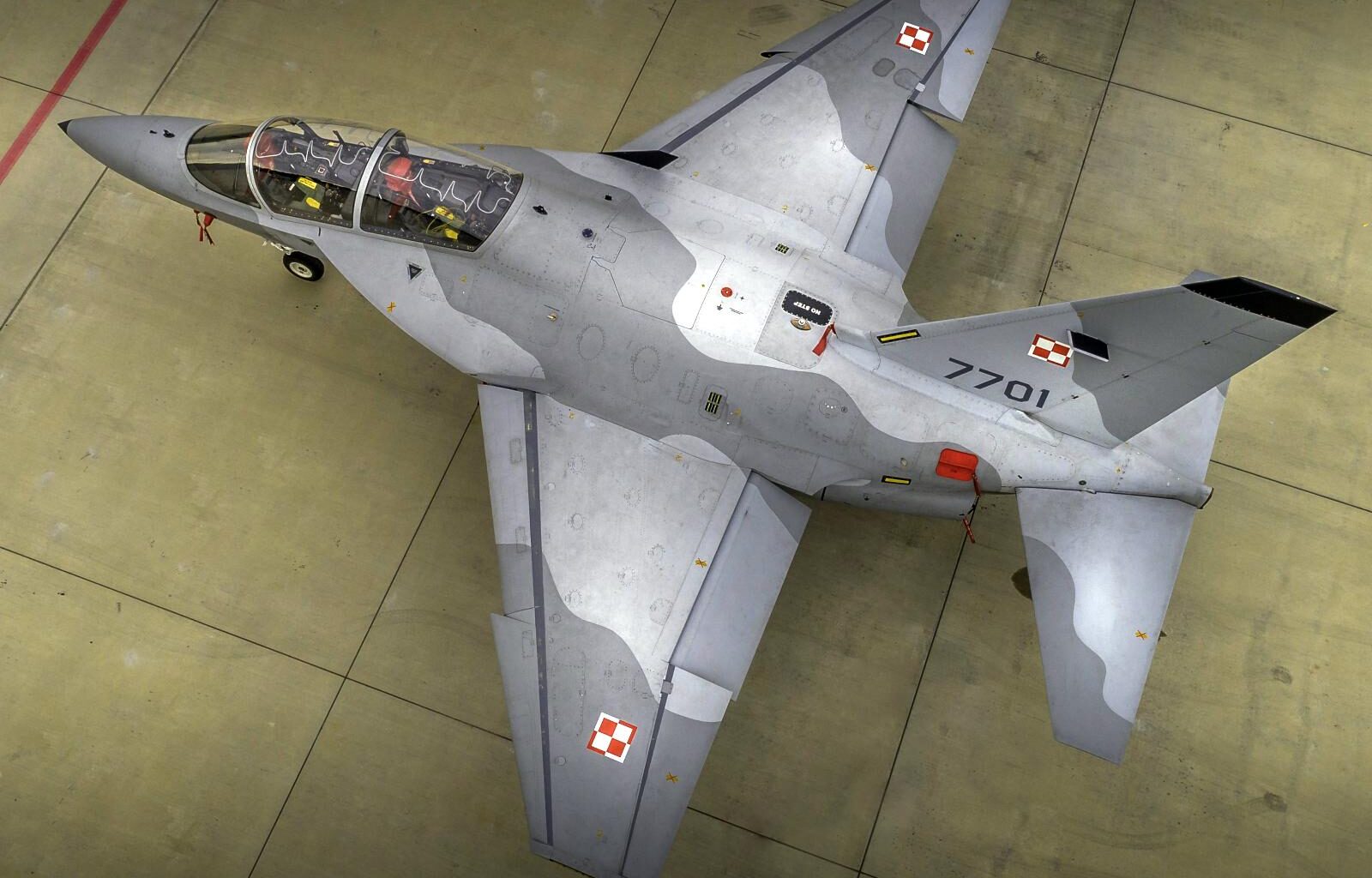On the sidelines of the NATO Defence Ministers’ meeting, the NATO Support and Procurement Agency (NSPA) announced that Canada, Denmark, Norway, and Poland have joined the NATO Flight Training Europe (NFTE) initiative. Their participation raises the total number of contributing nations to 17, including key Allies such as the United Kingdom, Germany, Italy, and Türkiye.
The NFTE initiative is designed to deliver advanced and cost-efficient pilot training across Europe, while ensuring interoperability among NATO members. It connects existing facilities and explores the development of new training campuses to cover a wide range of aircrew requirements.
Training under NFTE spans basic, intermediate, and advanced levels for fighter jet, helicopter, and transport pilots, as well as operators of remotely piloted aircraft. The initiative stands as one of NATO’s multinational High Visibility Projects and is implemented through the NSPA’s NFTE Support Partnership.
The four new members have joined exactly three months after the graduation of the first group of students from the NFTE campus in Waddington, United Kingdom. The continued expansion demonstrates growing Allied commitment to enhancing pilot training infrastructure across Europe.
Of the 14 declared NFTE training campuses, eight have now received full accreditation. The latest accredited facilities include the International Flight Training School in Decimomannu, Sardinia, and 120 Training Wing in Kalamata, Greece—both providing fast jet training—and 54 Squadron at RAF Waddington in the UK, offering Remotely Piloted Aircraft System (RPAS) training on the Protector RG Mk1.
Further campus accreditations are expected throughout 2025 as the initiative develops. The NFTE Support Partnership will maintain coordination efforts to support shared use of training infrastructure across Europe through national arrangements and existing facilities.
NSPA General Manager Ms Stacy A. Cummings emphasised, “Through this new milestone, NFTE has further expanded its participant Nations and the network of training campuses across the Alliance, strengthening Allies’ ability to train aircrews.” She noted that NFTE will “reshape the aircrew training landscape in Europe towards common standards, lower training costs and increased interoperability.”
